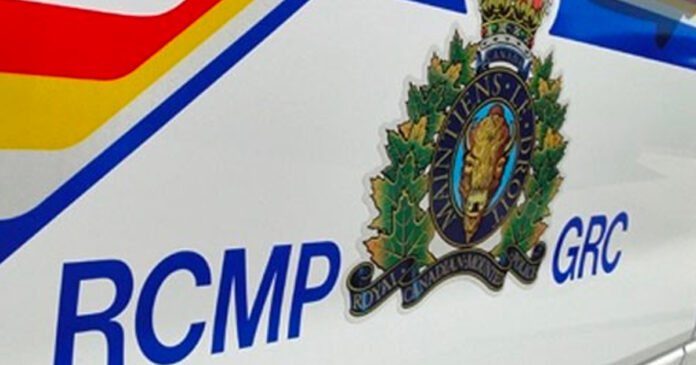In all the recent talk around solving the “revolving door justice system,” one of the few approaches never discussed are the bail bondsmen.
They are not called that, of course, because they don’t exist in Canada, but do in the United States where many a drama has been written on those who skipped bail and left the bondsman holding the bag.
It usually doesn’t end well.
In Canada, instead, we have sureties — money in the form of cash or collateral (homes) which is put up by an individual to guarantee the suspect honours his or her bail conditions.
If not, the Crown attorney goes after the surety for the money, right? If only this were true, but it’s very rare.
In fact. senior OPP officers who worked years on criminal cases cannot recall a single scenario which saw the Crown going after a surety when their co-signer had skipped bail.
This makes the surety worthless. This makes the initial pledge worthless. And it drives police nuts.
New details were released about the two suspects charged in connection with the fatal shooting of an Ontario Provincial Police officer near Hagersville, ON, at January’s end.
Randall McKenzie, 25, from the Mississaugas of the New Credit First Nation and Brandi Stewart-Sperry, 30, from Hamilton, are each facing first-degree murder in the shooting death of Const. Grzegorz “Greg” Pierzchala.
In an update two days later, OPP Commissioner Thomas Carrique said McKenzie had been banned from owning any firearm for life since 2018. Three years later, in 2021, McKenzie was charged with several firearms-related offences and assaulting a police officer.
Carrique said McKenzie was released on bail on a number of conditions, including remaining in his residence and not possessing any firearms. He was supposed to answer to the charges in September of this year, the commissioner said, but he failed to attend court.
A warrant was later issued for his arrest.
Whoever signed on as his surety was a fool, but the odds of having the surety seized — whatever it was … house, guaranteed cash, Canada savings bonds — was somewhere betwixt slim and none.
Court documents show McKenzie was initially denied bail in December 2021 as he awaited trial in Hamilton on a number of charges after he allegedly assaulted three people, including a police officer, earlier that month. He was also facing a number of related weapons charges, including carrying a handgun with a defaced serial number.
But after the decision was reviewed, McKenzie was granted bail in June under strict conditions, including that he wear a GPS monitor, report to police twice a week, and not possess any weapons.
He was ordered to only leave his residence with his surety for medical emergencies, to attend meetings with his lawyer or to attend counselling recommended by a local Indigenous centre.
He also agreed to live with the fool who was his surety.
Seizing sureties pledges should be done in all serious cases where the charges involve guns. If it were a gone deal, and the seizure of the surety was an every-occurrence situation, perhaps he’d think twice about breaking bail conditions.
Perhaps others would think twice.
Even the most-hardened criminal, one would hope, would not want to see his mother thrown out of her house on account of him.
Stiffer jail sentences can come later. But first things first.
Speaking to reporters, OPP Commissioner Carrique said he was “outraged” that McKenzie had been out on bail before he allegedly killed Pierzchala.
“I know there’s a lot of interest to see that changes are made to ensure, where possible, people who are charged with violent offences that are firearms related are not in those positions moving forward,” he said during a news conference.
Ontario Premier Doug Ford, in turn, said Carrique’s comments were the latest plea for the federal government to address what he called the revolving door of violent criminals caused by “the failed bail system.”
“Too many innocent people have lost their lives at the hands of dangerous criminals who should have been behind bars — not on our streets,” Ford said in a statement.
“More must be done to fix a system that is far too often sacrificing the safety of our public and police officers instead of cracking down on the perpetrators who repeatedly commit these heinous crimes.
“Enough is enough.”

























